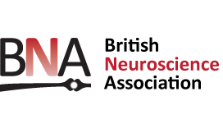
I wanted to take a moment to encourage you to consider registering for BNA2025, especially if you haven’t done so yet. This is an incredible opportunity for early career

Researchers at the University of Cambridge have discovered genes linked to obesity in both Labradors and humans. They say the effects can be over-ridden with a strict diet and exercise

A ‘chasm of misunderstanding and miscommunication’ is often experienced between clinicians and patients, leading to autoimmune diseases such as lupus and vasculitis being wrongly diagnosed as psychiatric or psychosomatic conditions,

Scientists have created the most detailed map to date of the human hypothalamus, a crucial brain region that regulates body weight, appetite, sleep, and stress. “HYPOMAP
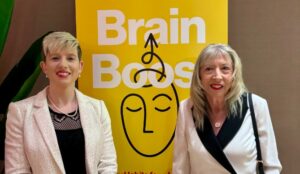
Congratulations to Professor Barbara Sahakian and Dr Christelle Langley (pictured below bottom right) on the launch of their recent book, Brain Boost – Healthier
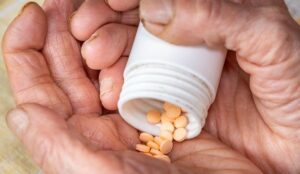
Antibiotics, antivirals, vaccinations and anti-inflammatory medication are associated with reduced risk of dementia, according to new research that looked at health data from over 130 million individuals.
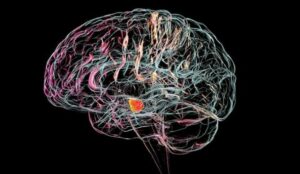
Cambridge researchers are developing implants that could help repair the brain pathways damaged by Parkinson’s disease. “Our ultimate goal is to create precise brain therapies that
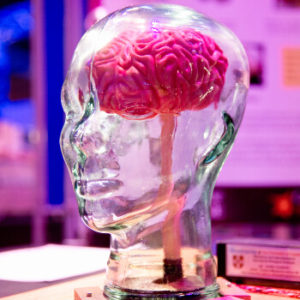
Five Cambridge experts share their top tips on ways to boost your body and mind, backed up by their own research
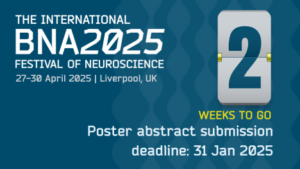
Submit your abstract today! Submit your poster abstract by 31st January 2025 Why

Sex differences in brain structure are present from birth, research from the Autism Research Centre at the University of Cambridge has shown. “We know there are differences in